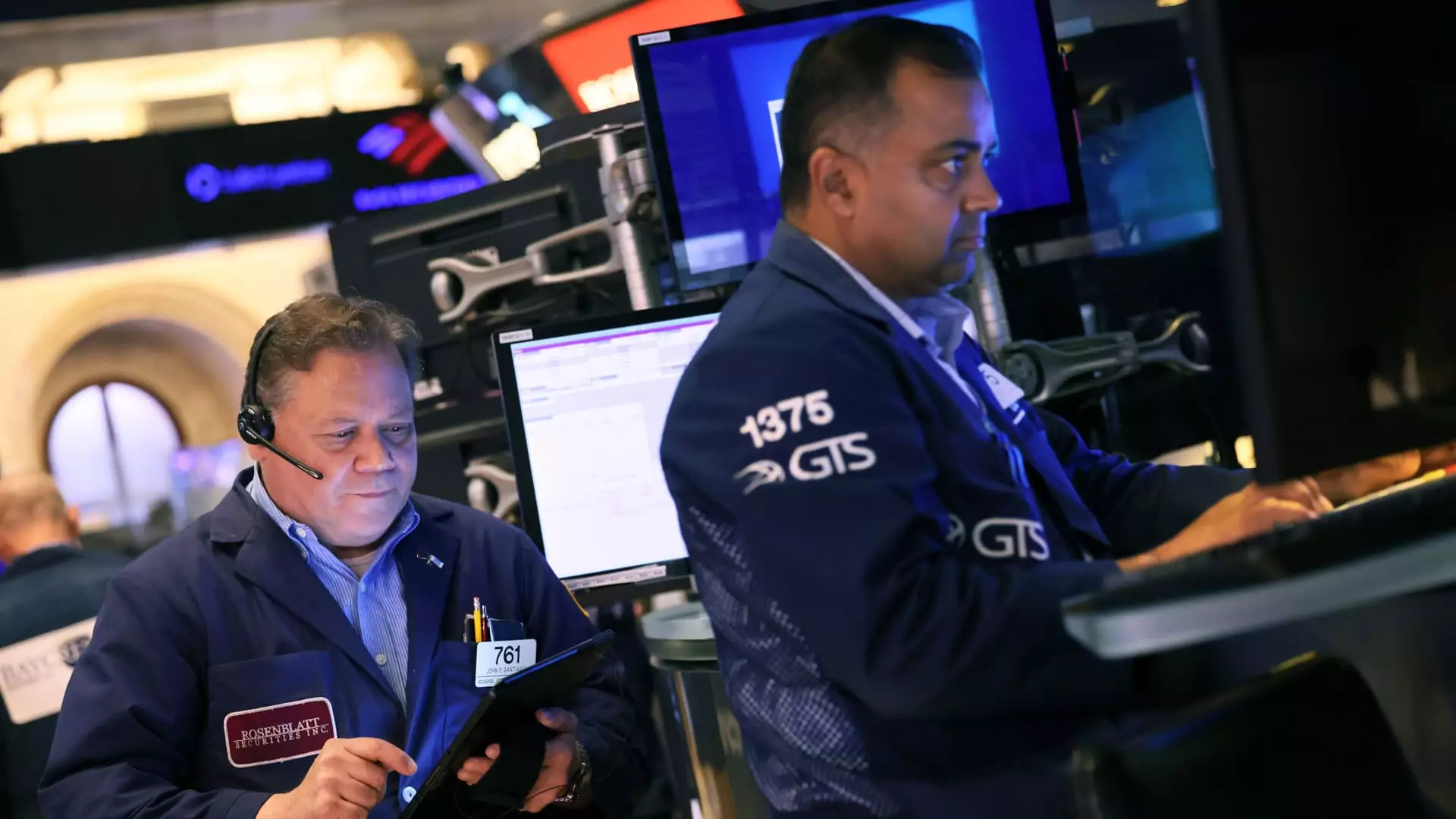Small cap and international stocks have been underperforming this year, facing significant challenges in comparison to their larger counterparts. While the S & P 500 has seen an impressive gain of over 12% thus far, the S & P Small Cap 600 has experienced a decline of 1%. The iShares Core MSCI International Developed Markets ETF (IDEV) has only managed to achieve a modest increase of slightly over 5% during this same time period.
The Federal Reserve recently outlined a higher-for-longer rate path, projecting only one more interest rate hike for the remainder of this year, and fewer rate cuts in 2024. This announcement has introduced uncertainty surrounding future monetary policy, potentially leading to a pullback in equities. CFRA chief investment strategist, Sam Stovall, suggests that this uncertainty could result in a delayed recovery for mid- and small-cap stocks, which are currently trading at attractive relative price-to-earnings (PE) discounts.
Despite the potential challenges ahead, Stovall emphasizes that small caps and international stocks should not be disregarded by investors. In fact, he believes these assets present intriguing opportunities, especially considering their attractive valuations. Stovall suggests that investors should take advantage of the discounted prices and consider these assets for their portfolios.
One significant factor to consider is the potential for a sharp recovery once the Federal Reserve decides to start cutting interest rates. Stovall suggests that small caps and international stocks could experience a surge in value when this occurs. Therefore, investors who are willing to take on some level of risk may benefit from including these assets in their investment strategy.
Sam Stovall shares his personal favorites in this segment. He highlights two exchange-traded funds (ETFs) that he currently owns: the Pacer Global Cash Cows Dividend ETF (GCOW) and the Pacer U.S. Small Cap Cash Cows 100 ETF (CALF). GCOW tracks large-cap stocks in developed markets, while CALF tracks 100 companies in the S & P Small Cap 600 Index based on free cash flow yield. These ETFs focus on stocks that generate stable cash flows with relatively low risk, making them resilient holdings, particularly during challenging times. GCOW has generated a positive return of over 8% this year, while CALF has experienced an even more impressive gain of 15%.
Positioning for the Future
While the recovery of small caps and international stocks may potentially be delayed, Stovall maintains that investors should still consider these assets due to their attractive valuations. It is important for investors to evaluate their risk tolerance and investment goals before deciding to include them in their portfolios. If a turnaround does occur in these market segments, those who have invested in small caps and international stocks may reap the benefits. Additionally, these stocks may also serve as a resilient investment option, even if the recovery takes longer than expected.
The rate path outlined by the Federal Reserve has introduced uncertainty and potential challenges for small caps and international stocks. However, investors should not overlook these assets as they present attractive valuations and the potential for a sharp recovery once the Federal Reserve begins cutting rates. By carefully considering their risk tolerance and investment goals, investors can position themselves to take advantage of the future opportunities that may arise in these market segments.


Leave a Reply